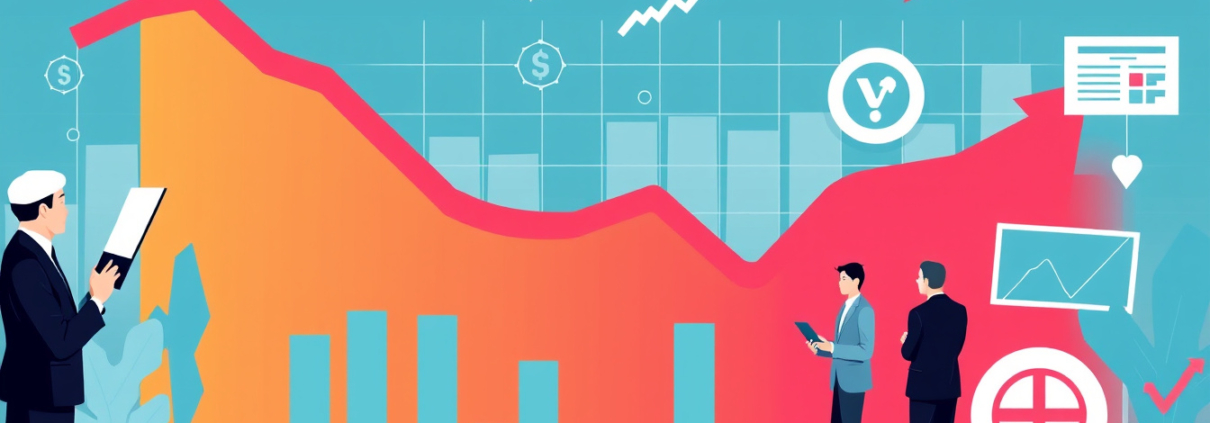📉 Assessing the Consequences of Insider Trading on Investor Confidence 📊
Insider trading shows a divide in the market. It sows doubt about fairness and truth. Investors see that some gain from hidden news. This view shakes investor confidence and weakens the market’s base.
The Role of the SEC and Market Oversight
The SEC is a group that guards investor rights. It controls secret stock deals. Critics raise concerns about its work. Insider trading rules grow from past cases instead of clear laws. This gap makes work hard. Consider these points:
- Vague rules: Many investors must fight to tell what is wrong without formal help.
- Changing actions: The SEC acts in ways that seem random. One man saw a limo and guessed a company sale. He bought stocks then. The SEC sued him. They lost the case. This case shows unclear moves.
- Missed fraud: Some firms share false news without triggers for action. This loss shakes trust.
Lack of set rules and uncertain actions leave many feeling at risk.
Impact of Insider Trading on Investor Confidence
Investor trust stands on fair and open markets. Insider trading drops this trust by:
- Losing trust: When insiders profit with secret news, many pull out or wait.
- Unfair edge: Some actors gain a lead. This widens the gap between players.
- Skewed prices: News known only to a few may shift stock prices away from true worth. This change confuses many.
Without trust, the steady rise of markets can stop or even reverse. This stall harms growth and wealth for all.
Broader Economic Inequality and Market Participation
Insider trading ties in with issues of social gaps and fairness. It adds to questions of income differences. Key points come forth:
- Income gaps hurt many. Some see these gaps as signs of old imbalances in finance.
- Old ideas like trickle-down work have not fixed these gaps.
- Wider stock access may lift more people as wealth grows from the bottom up.
- Different classes of stocks with uneven tax rules add to the issue. Equal rules and more stock for workers may help.
A fair market stops illegal moves and builds paths for equal wealth.
The Media, Public Perception, and Awareness
Modern media helps shape views on insider trading. Some facts follow:
- Bold headlines grab eye, but they can cut deep into details.
- Public figures use their stage to show gaps and wrongs.
- News and noise alone do not fix old problems. Clear rules must come first.
Conclusion
Insider trading dents investor confidence and hurts market truth. The lack of clear rules and mixed actions by bodies like the SEC adds to this wound. Economic gaps and weak market steps make fairness hard to see.
We must set clear rules and keep close checks. We need rules that give more stock access to all. Strong rules help markets grow and serve the whole economy.
FAQs
Q1: Why does insider trading hurt investor trust?
A: Insider trading gives the sense that some profit unfairly. With trust lost, investors pull back and lessen market flow.
Q2: How does the SEC work on insider trading today?
A: The SEC follows past cases instead of fixed laws. This choice leaves room for unclear moves and doubt.
Q3: What fixes can stop bad insider moves and help fairness?
A: Fixed rules that mark bad moves, firm checks, and more stock access for all can build a fair market.









